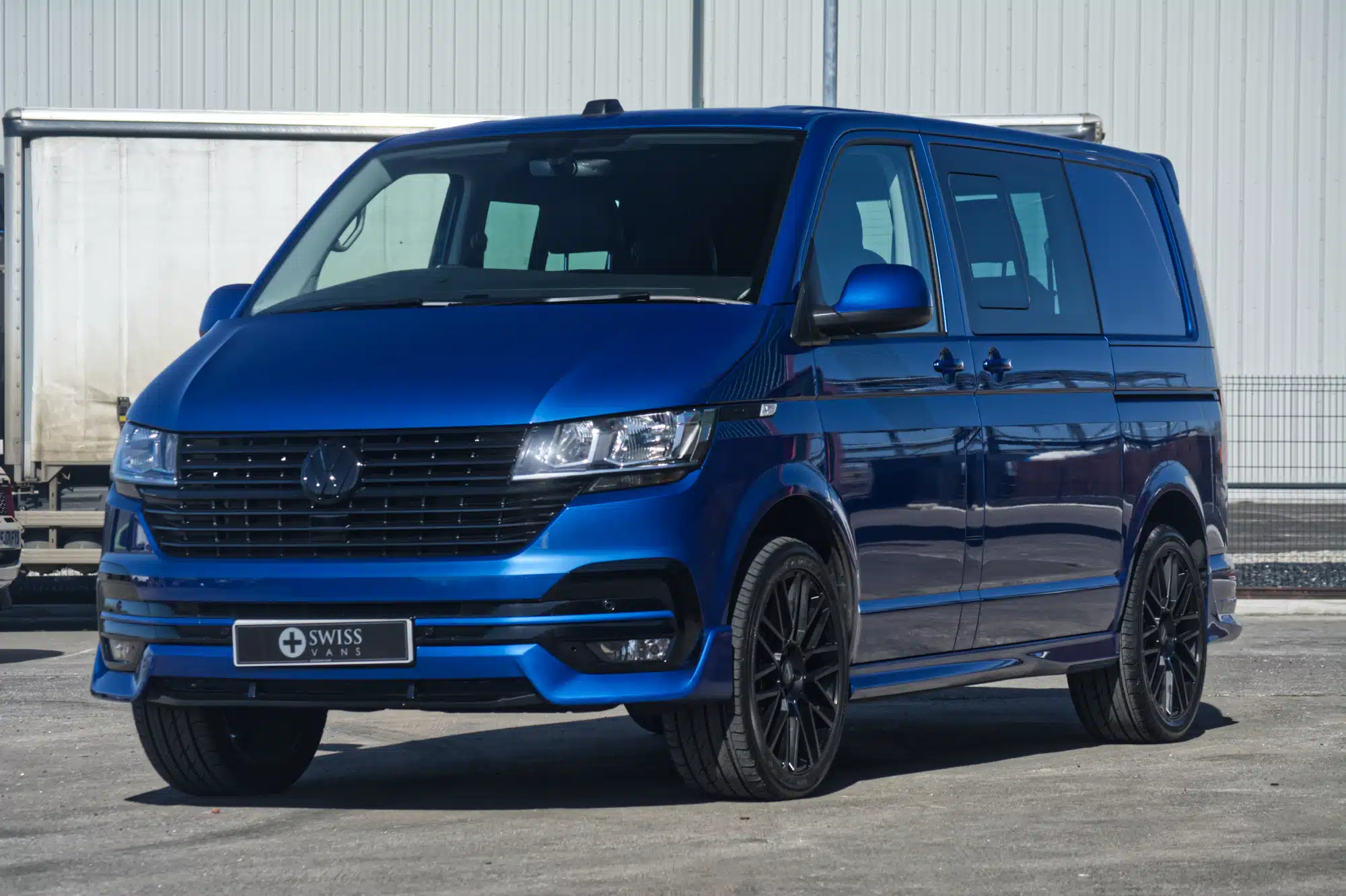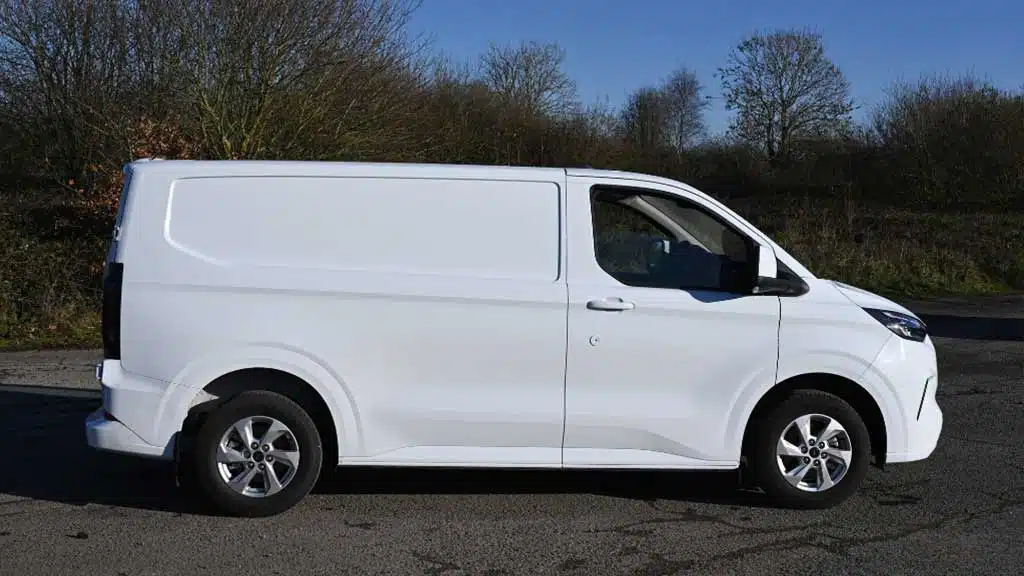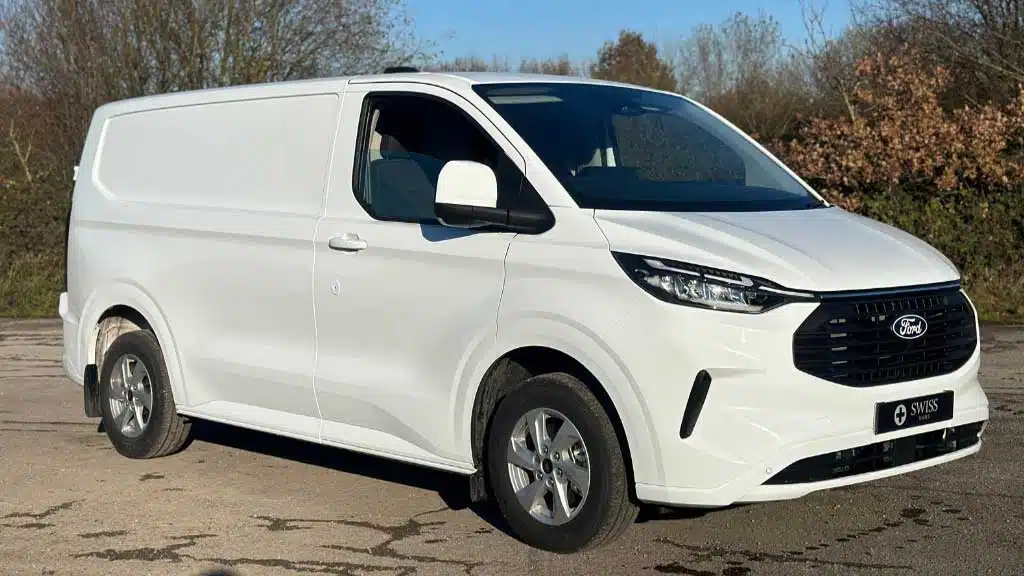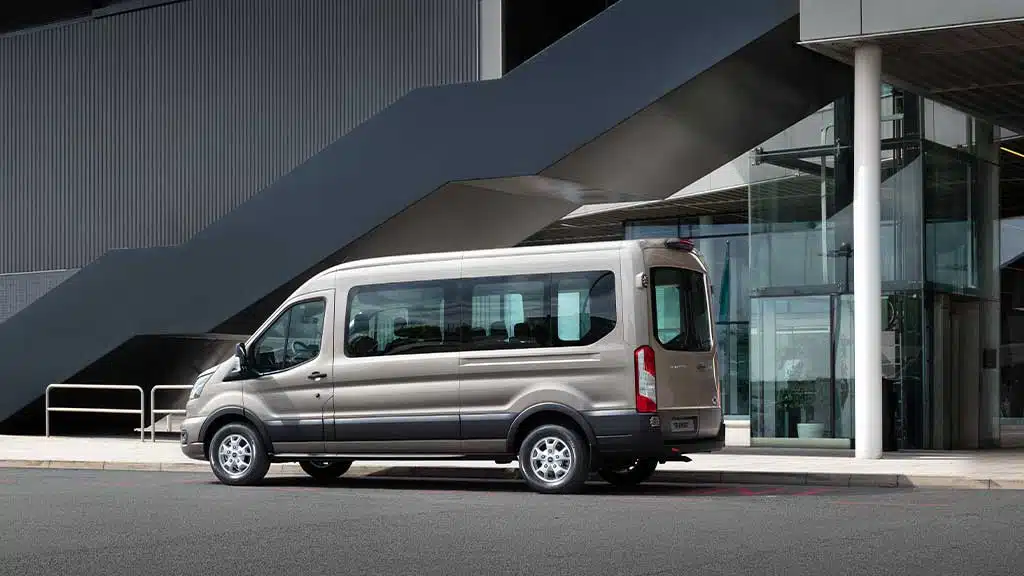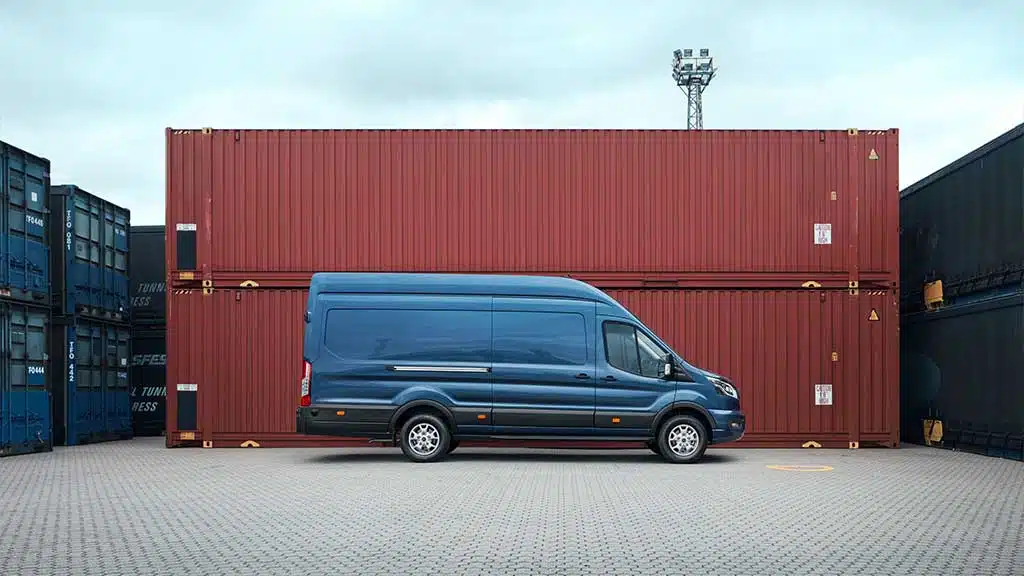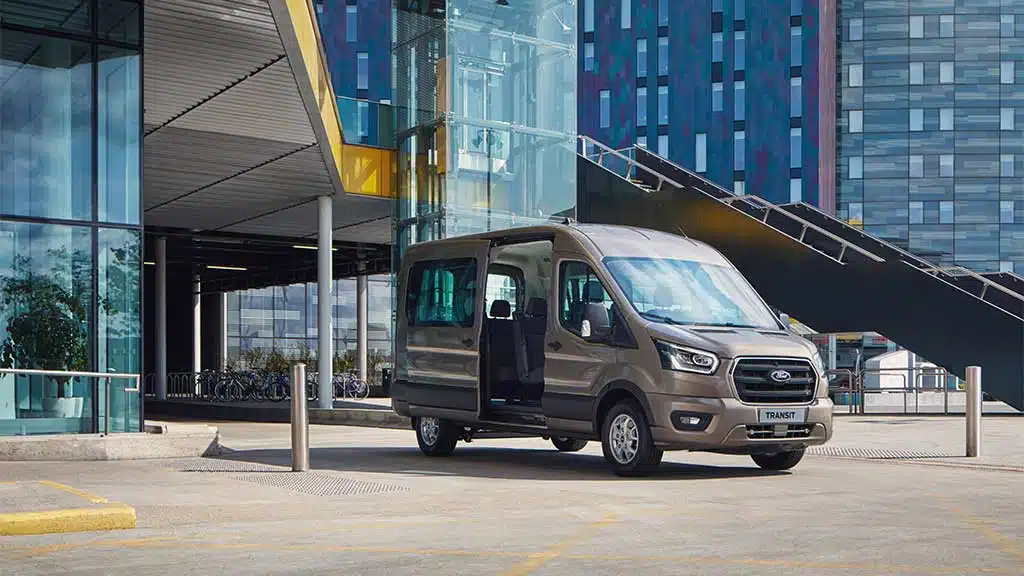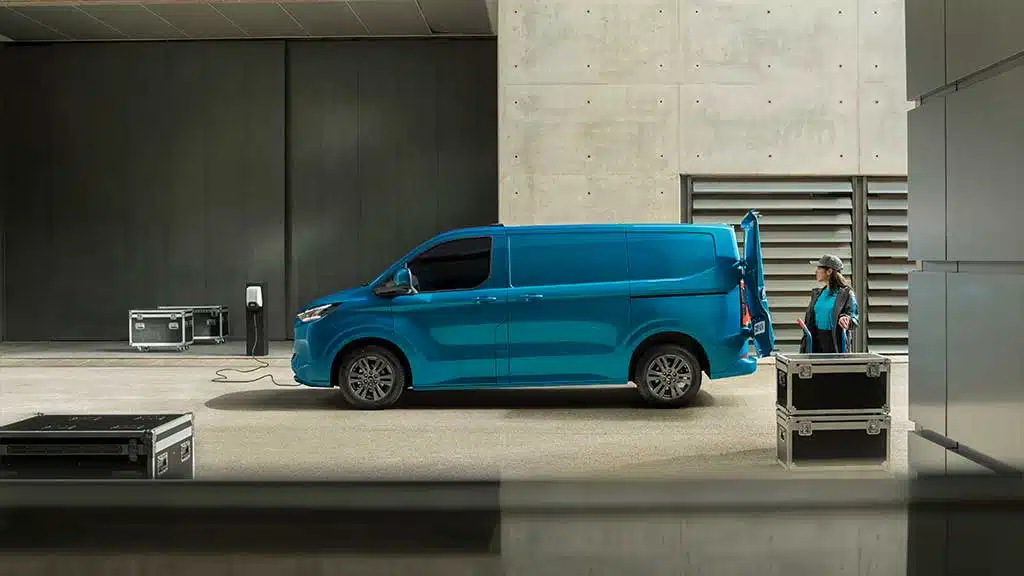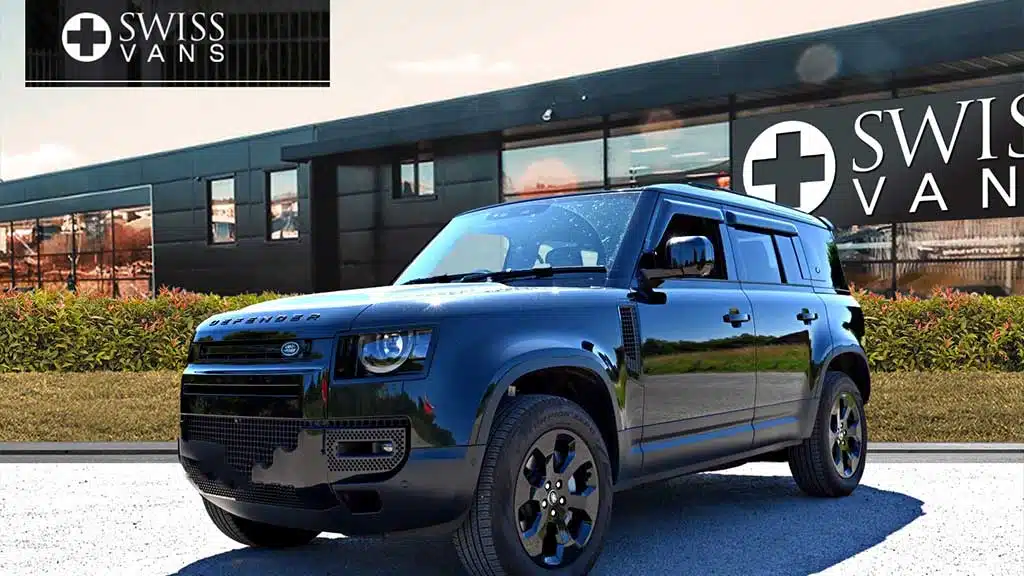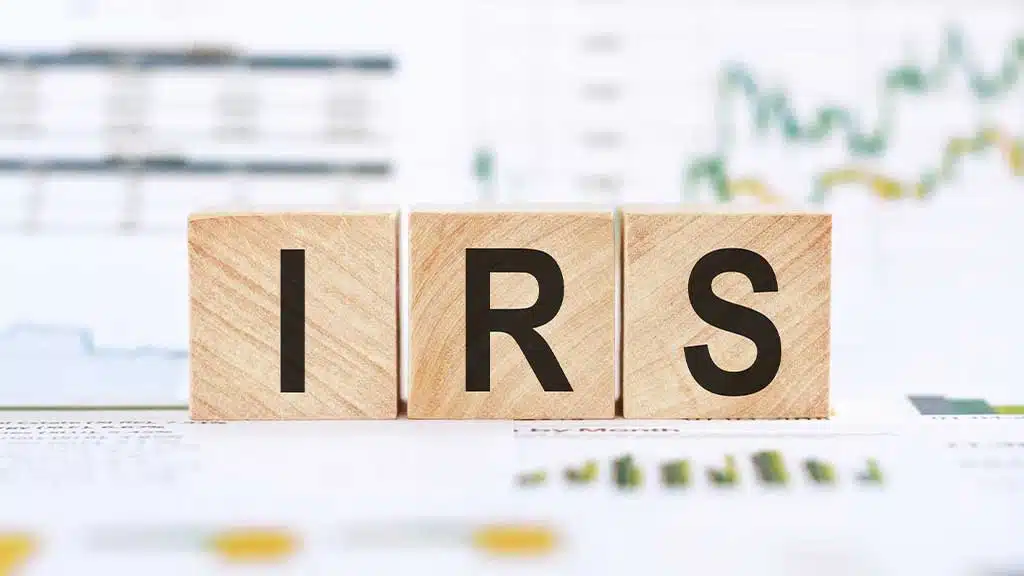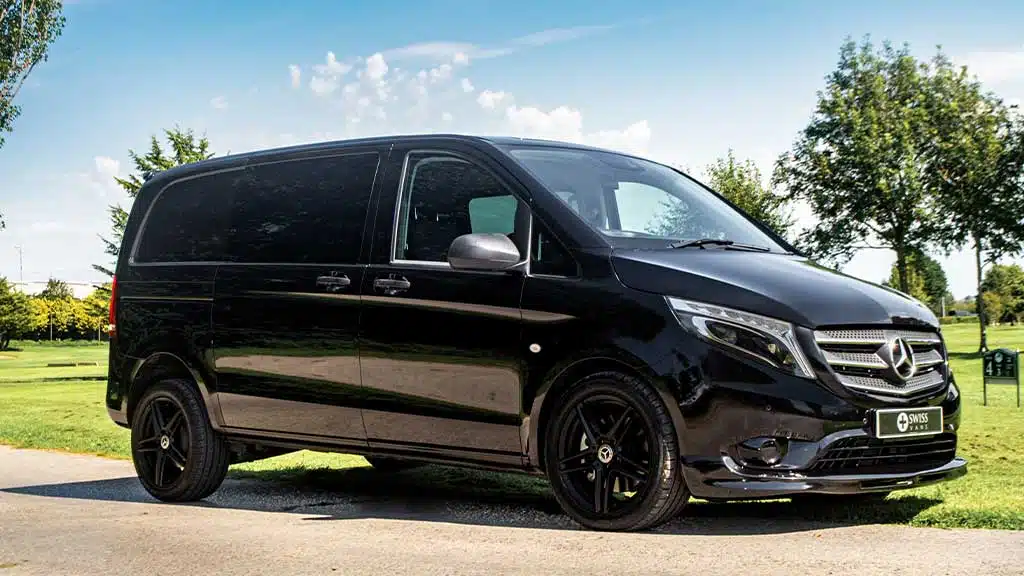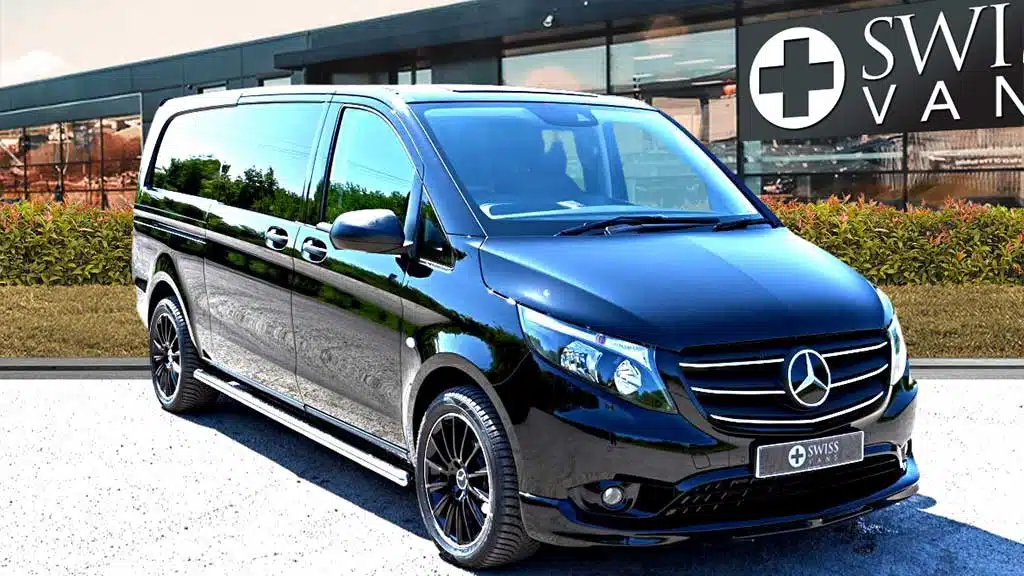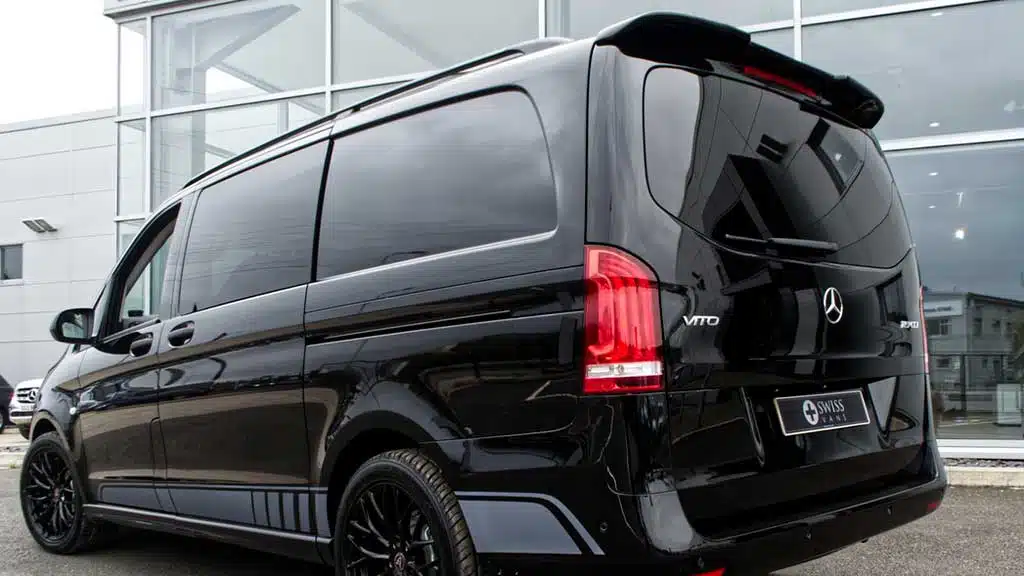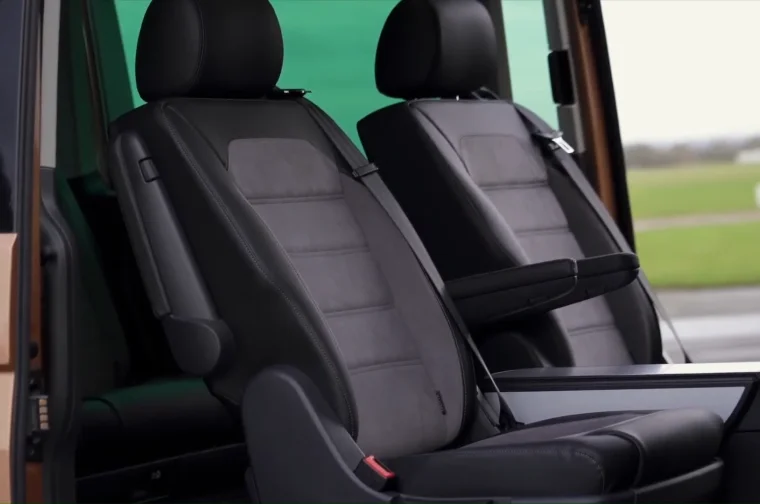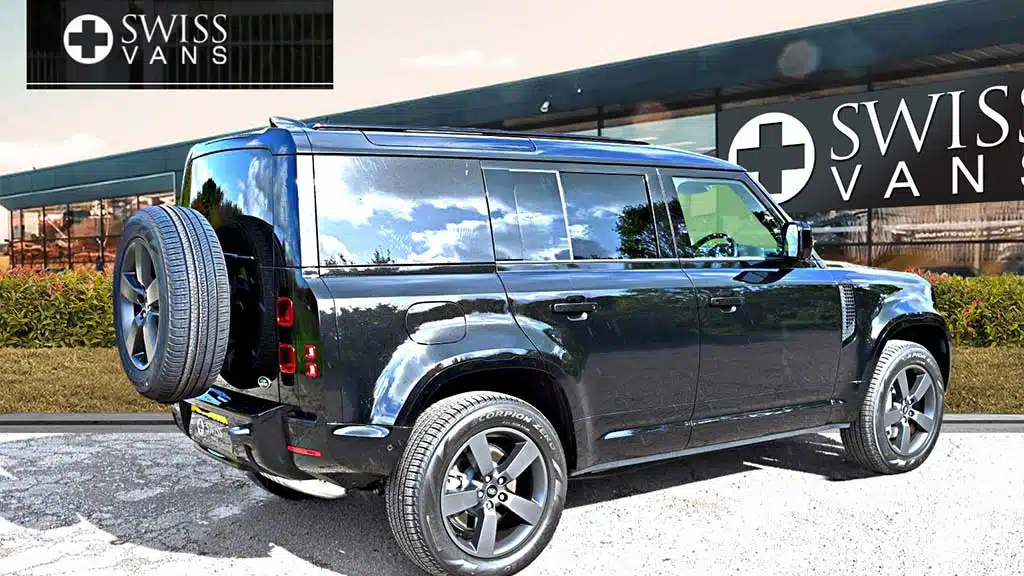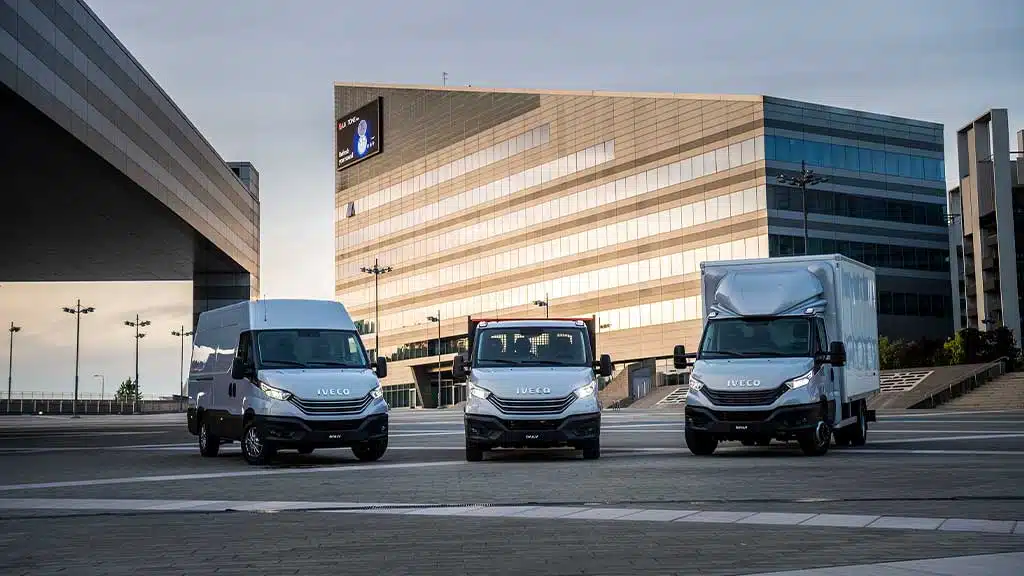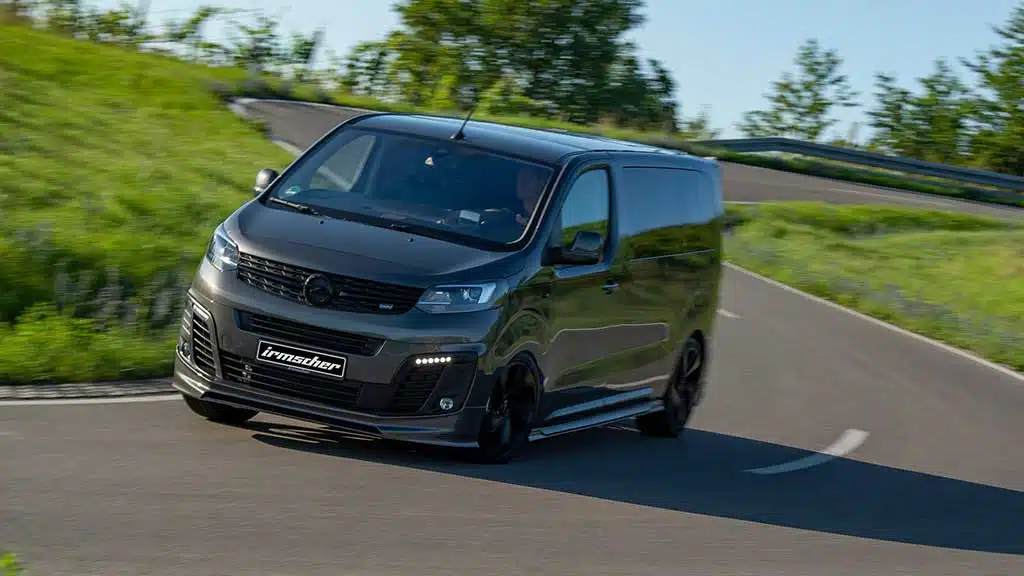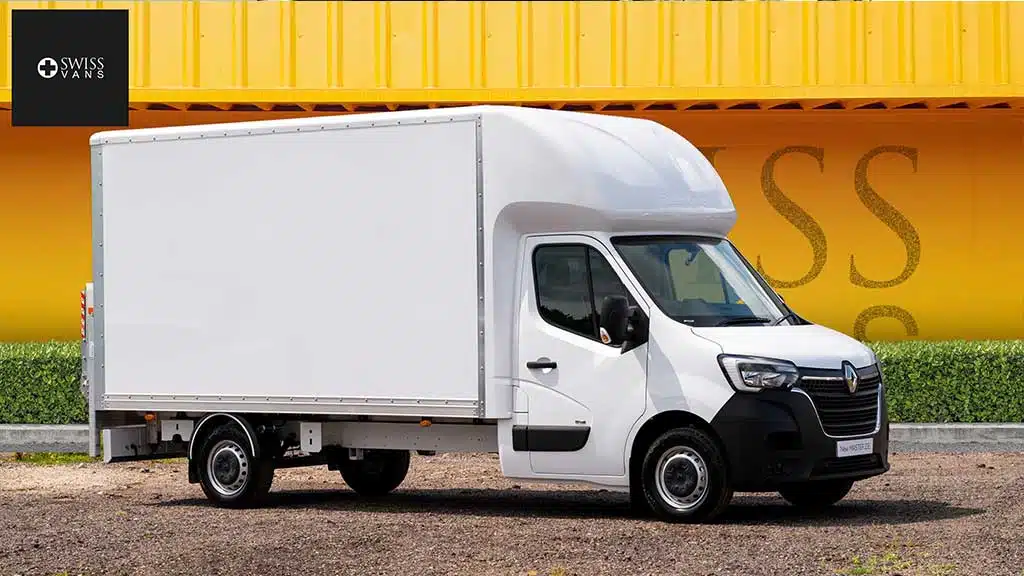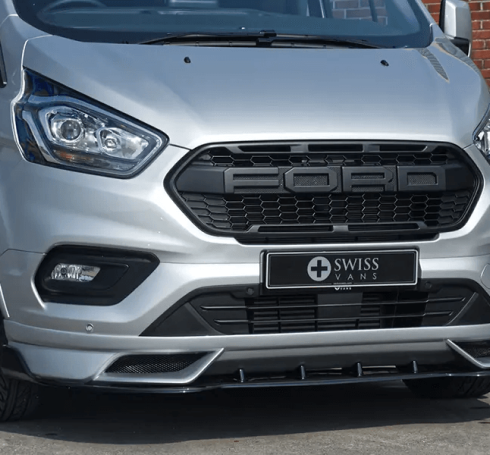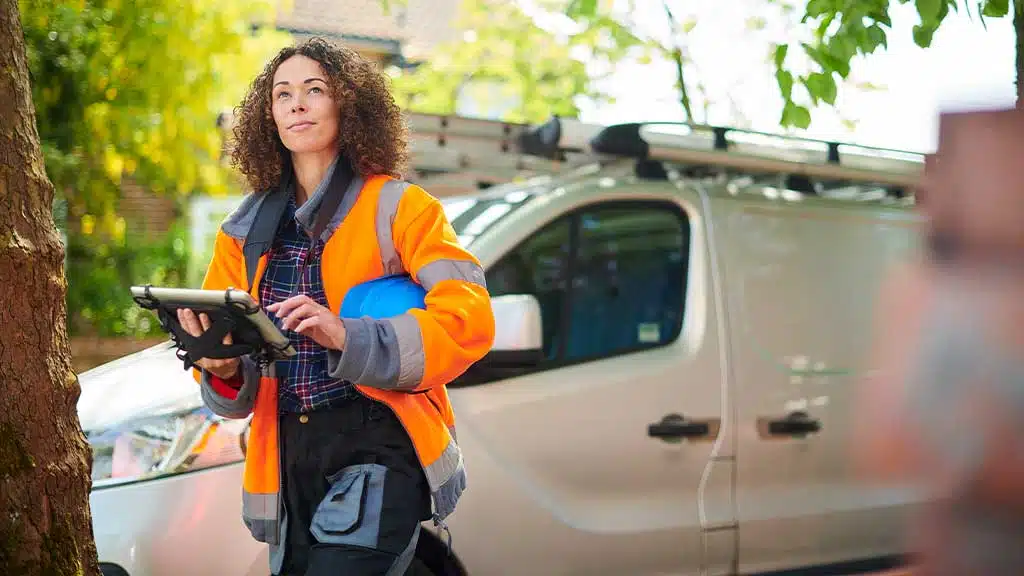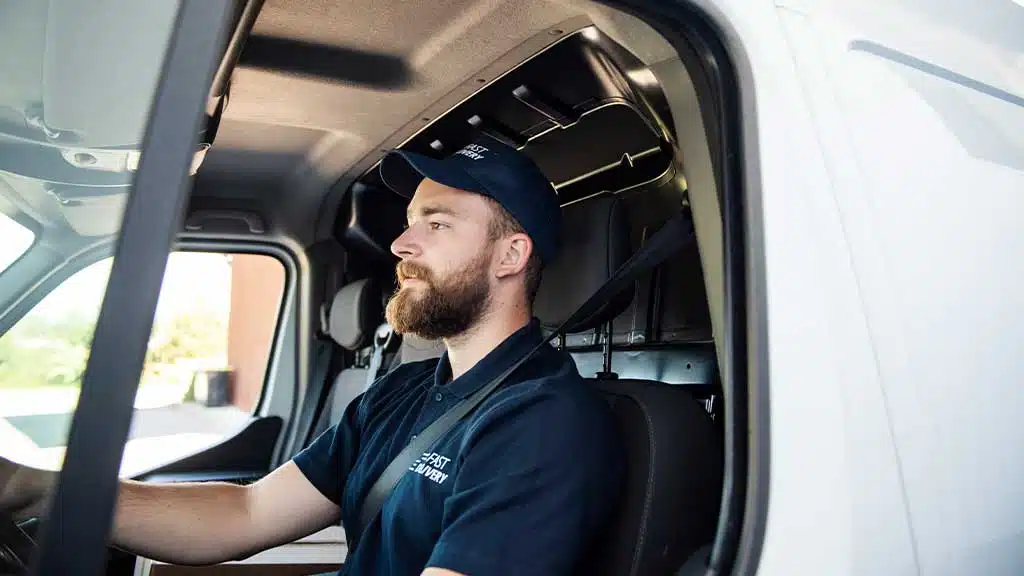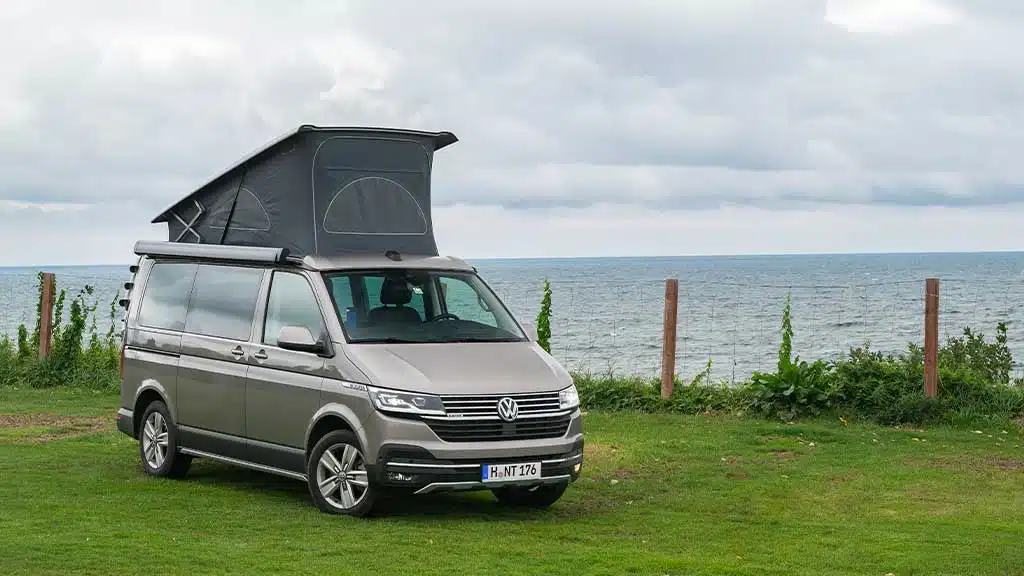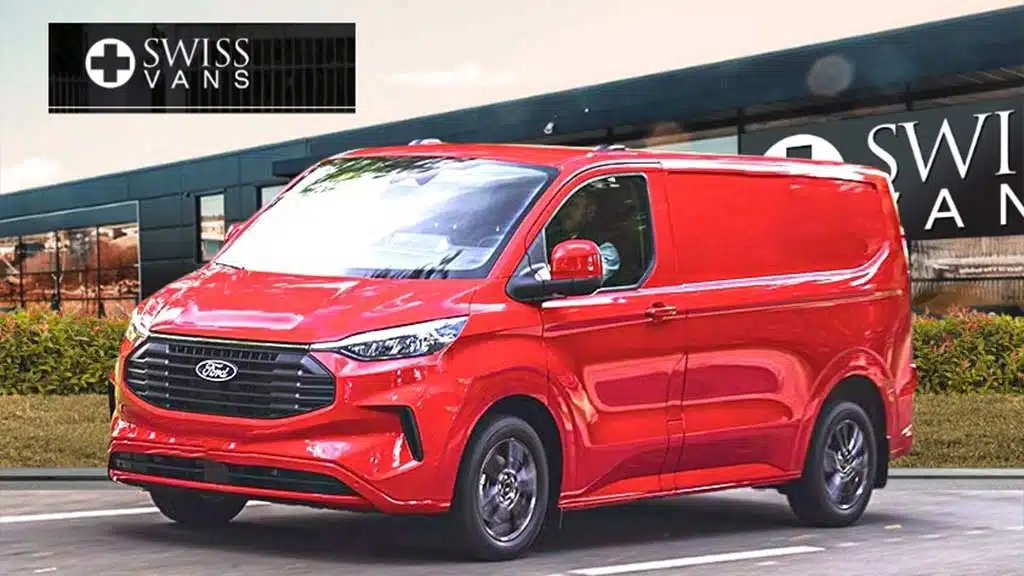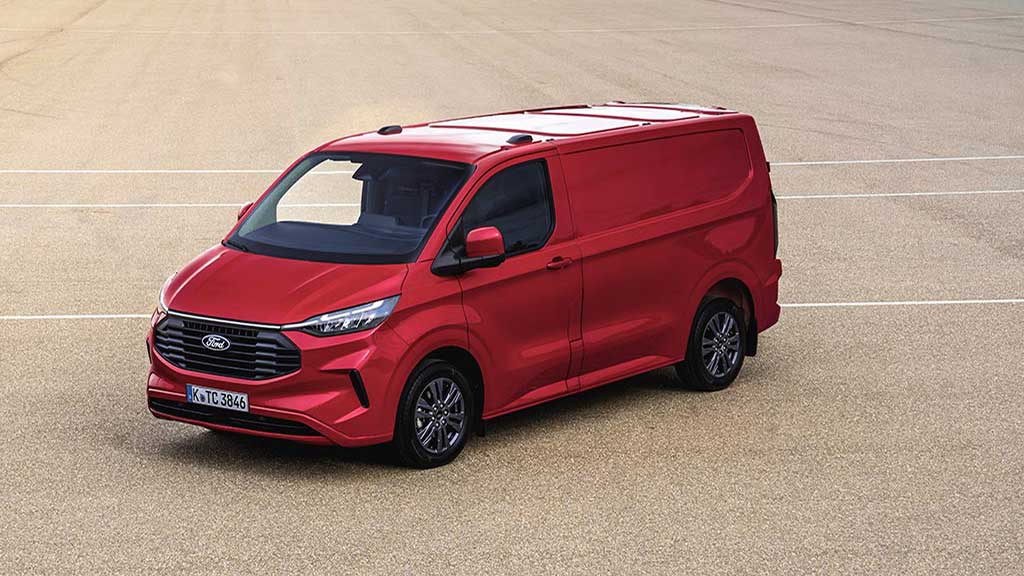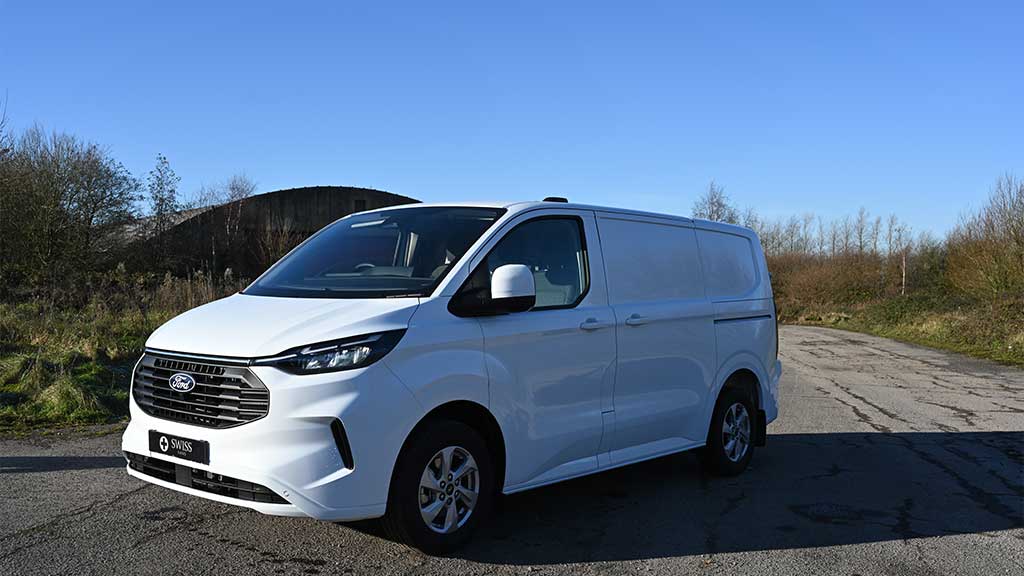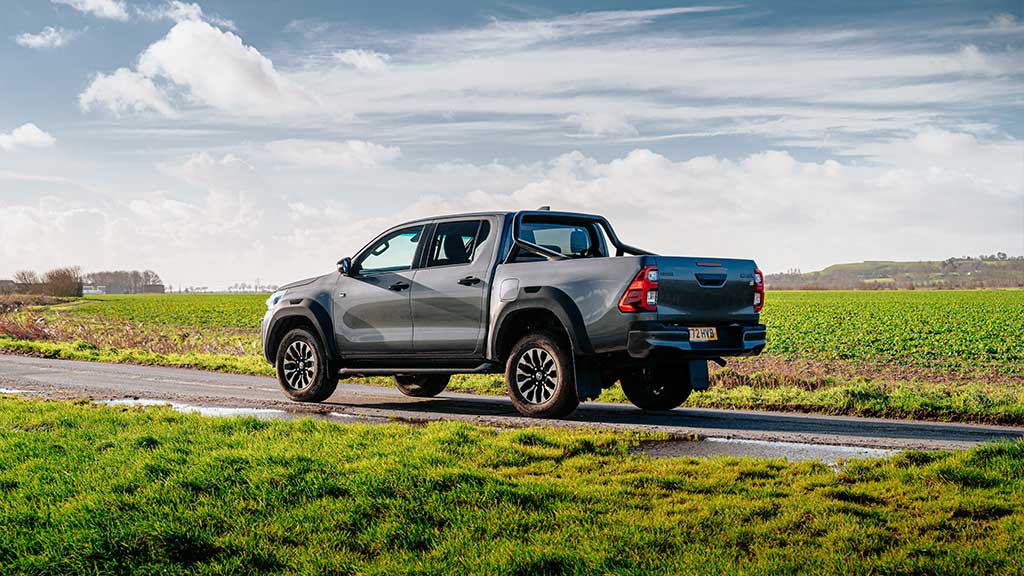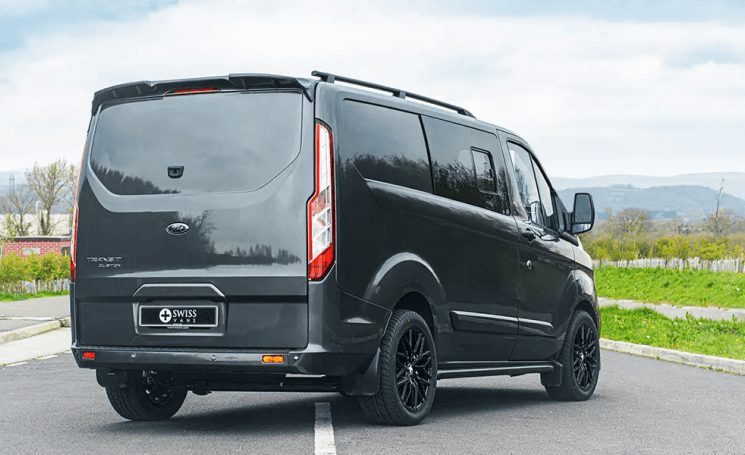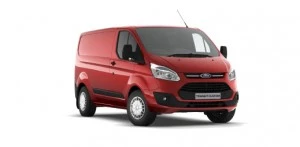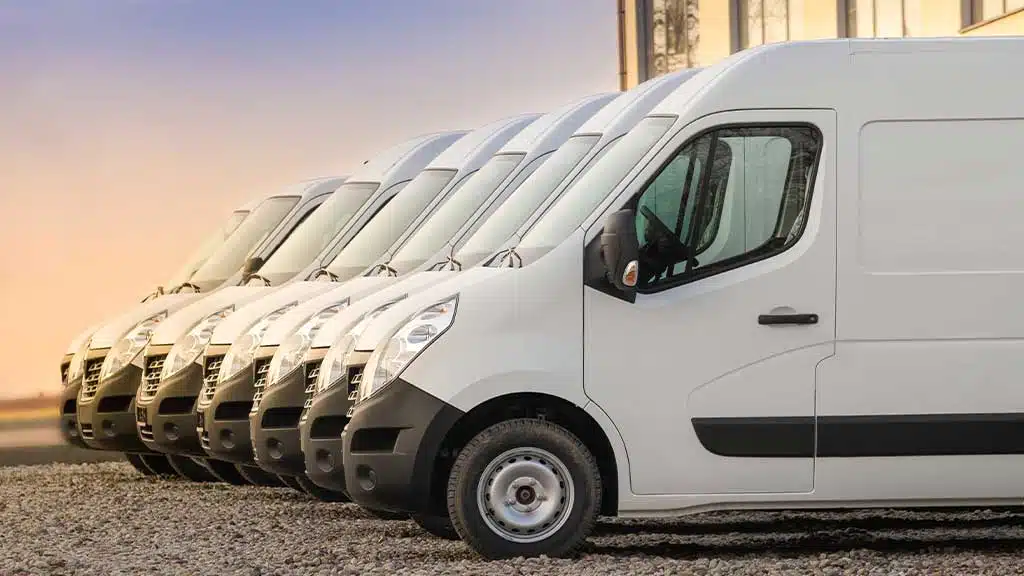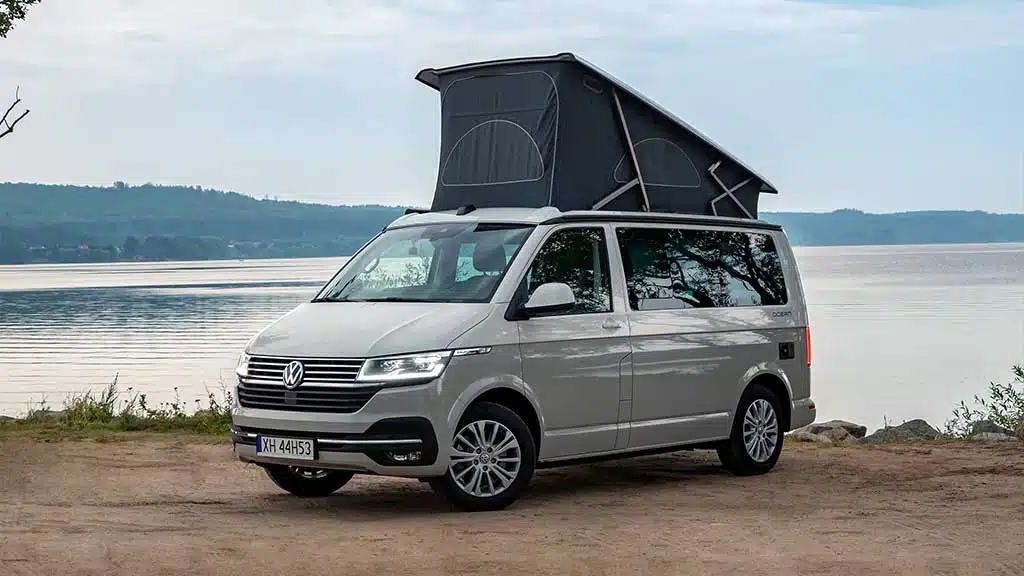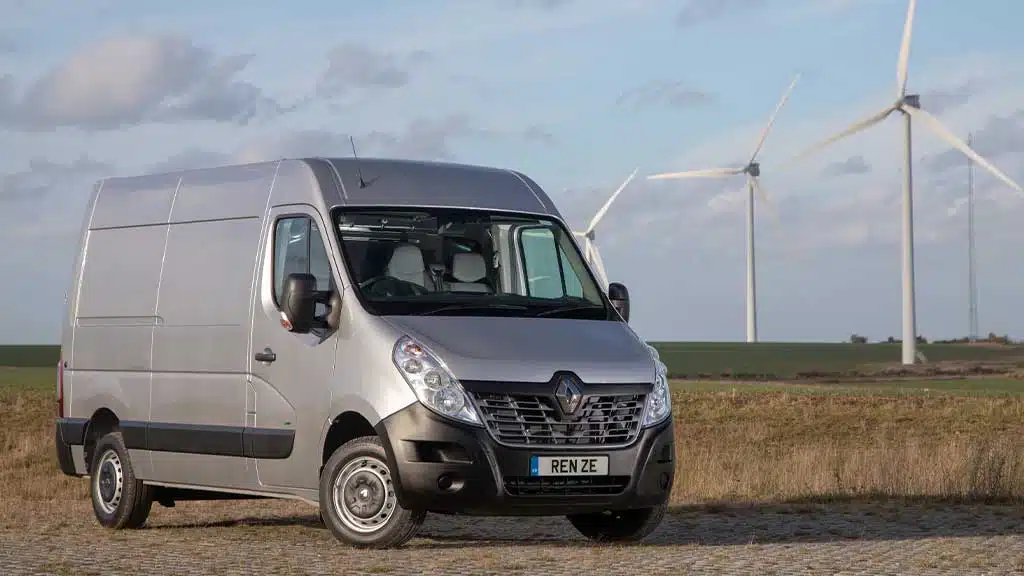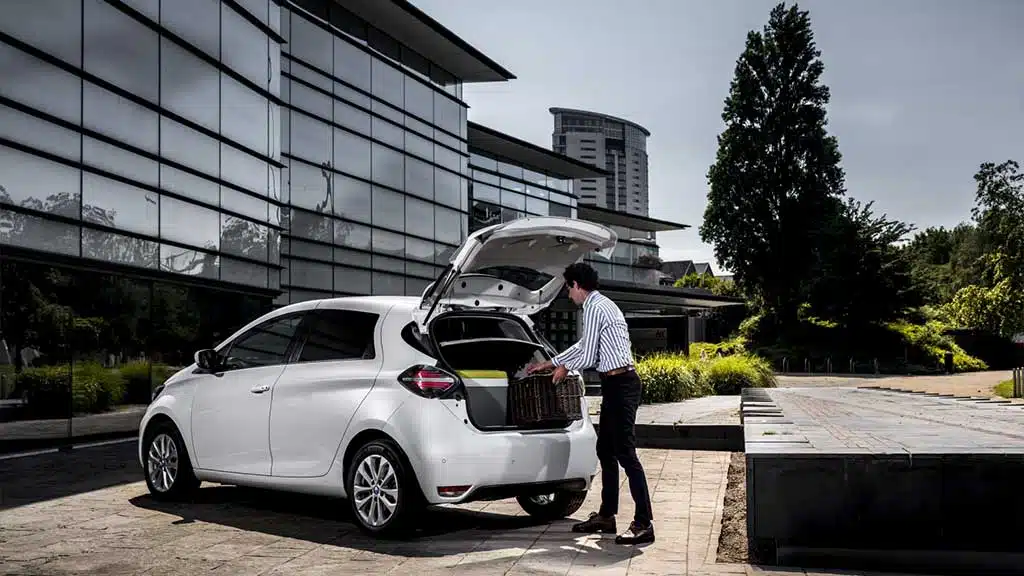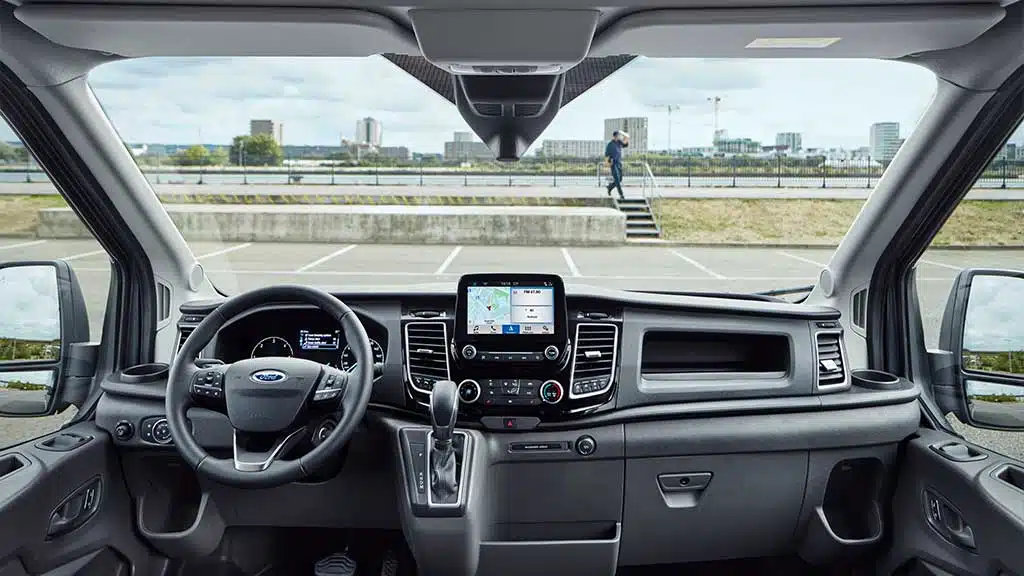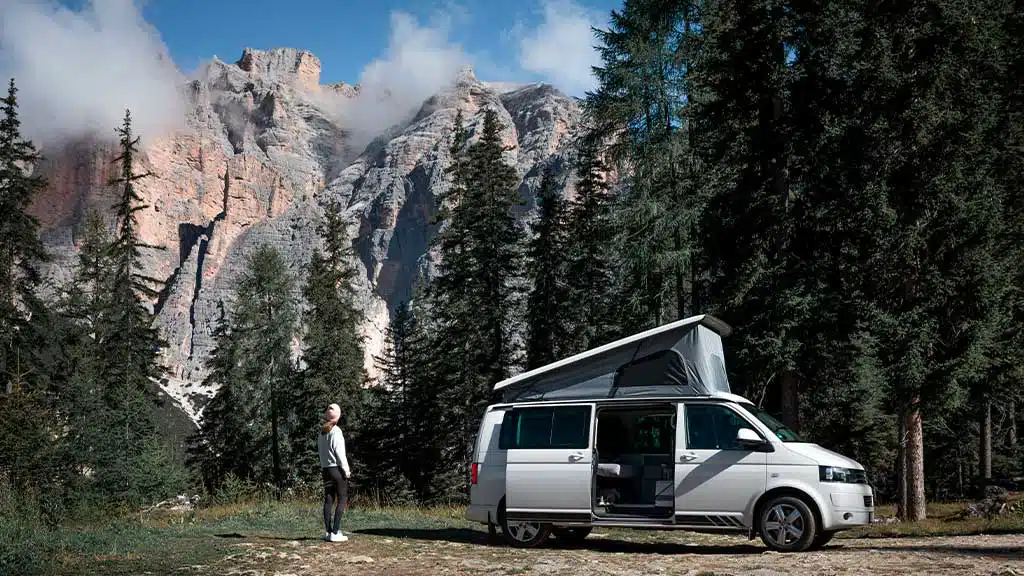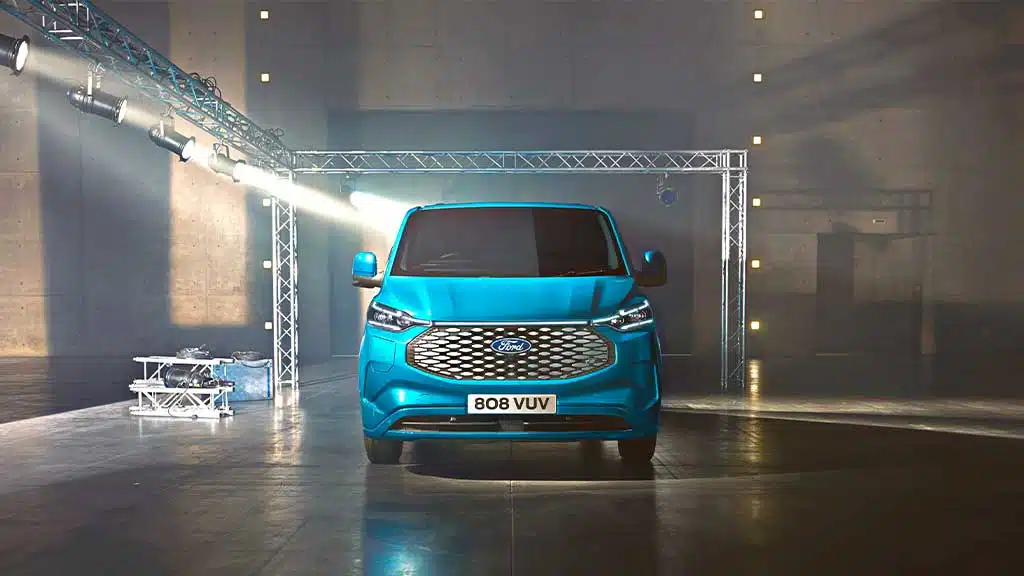As 2018 rolls by the lines between Diesel vs Petrol vs Electric is becoming blurred, and with the Geneva motor show in full swing it’s clear to see that every car manufacturer is finally serious about battery power.
From Jaguar with their i-pace
The Jaguar I-PACE, our first all-electric vehicle, will make its public debut at the Geneva Motor Show this week. You can find everything you need to know about the I-PACE here. #Jaguar #IPACE #GimsSwiss #MondayMotivation pic.twitter.com/ZB6NULhlxV
— Jaguar_UKPR (@JaguarUKPR) March 5, 2018
through to Tata touting their E-vision (via Jaguar Land Rover partnership)
You have seen the teasers.
You have taken your guesses.
Now it’s time for the reveal!
Presenting the E-VISION Sedan Concept, a special concept car to mark our 20th year at the @gimsswiss.#20YearsOfTataAtGIMS #GIMS2018 pic.twitter.com/vzg6CJaO0Q— Tata Motors (@TataMotors) March 6, 2018
However these are all consumer cars, the question is how competitive and more importantly good are commercial electric vans? Especially when compared to their Diesel and Petrol counterparts?
There are, at the moment a few questions to ask, when it comes to considering whether to purchase / lease a diesel, petrol or electric van
1. What is your budget
2. What is your payload
3. What is your distance / route
4. How long do you keep your vehicles.
There are a few more questions which may also be applicable, but for now, let’s use the above to justify whether an electric van is a suitable option.
Budget,
Why is this important?
Aside from the obvious i.e. how much you have to spend, the cost of batteries must also be taken into consideration.
Lithium isn’t cheap! Currently all vehicles run on lithium ion batteries, the distance is proportional to the size of the battery which in turn dictates the cost.
Just a few years ago the cost a Tesla car was estimated to be 50% battery, but over the past 6 years Lithium ion costs have dropped by about 80%
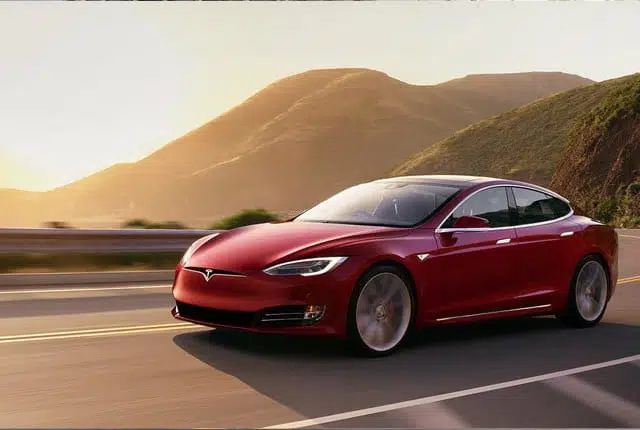
So what do you get for your money?
Let’s take a look at the
Renault e-Kangoo
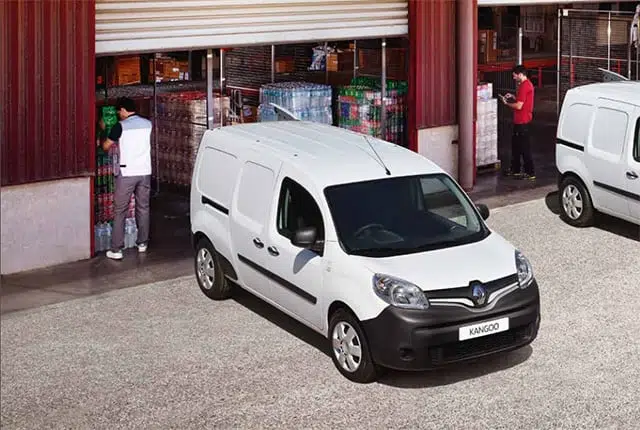
Price / Cost
The starting price is: around £17,000 on top of this you will require a monthly battery hire, (this is calculated based on the amount of miles per month) for 6k miles a year this is £780 a year or £65 a month.
Miles per gallon
Naturally electric cars don’t go via miles per gallon, rather a range, bear in mind to keep the price down the battery is smaller than those used in a lot of the latest electric cars
This E-Kangoo has a a full NEDC range of 170 miles*
*Please note that like ICE (Internal Combustion Engine) counterparts, this figure is optimal, and can vary due to:
- Driving styles
- Driving conditions, i.e. terrain
- Payload
- Passengers
Batteries are also adversely affected by temparature, optimal running temperature is 20 Degrees, which, if like us you live in Wales accounts for approxiamtely 2 days of the year, followed by 363 days of rain, not really, but, with the recent winter temperatures below 0 Degrees and a payload of 500Kg can take this van from 170 miles -> 95 miles (average speed 50mph)
Cost of Refueling
This is where electric vehicles come into their own, a fully charged battery can cost as little as £2.50.
Using this cost and fairly terrible conditions as above that’s
£2.50 per 95 miles.
or £10 for approximately 400miles**
**Little leeway in there for temp / speed / and assuming payload would decrease on return.
That’s pretty cheap, given these are not using optimal figures.
So what of Petrol vans
Let’s take a similar sized van, the Ford Connect Double Cab petrol 1.0 Eco Boost.
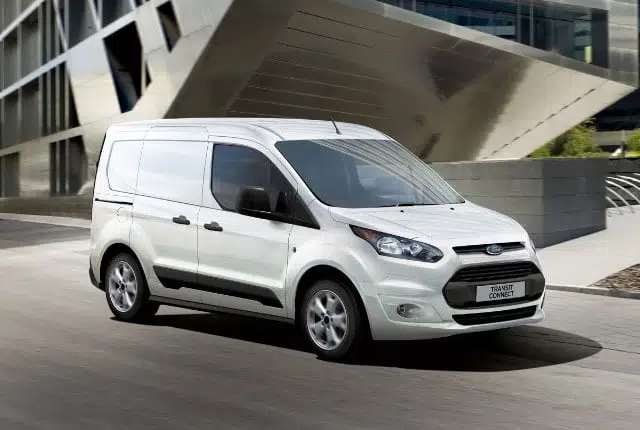
Price / Cost
Starting price for this is around £16,270
Miles per gallon
Stated miles per gallon are 50.4 Miles per gallon
and c02 – 129g/km however these like battery vans are optimal figures.
Cost of Refueling
Therefore if we compare this to the electric van £10 will equate to roughly 94miles*. of course this is at optimal speed, weight and conditions.
(* 50.4mpg = 11 miles per litre, average cost per litre of petrol £1.17, so 8.54 litres = £10 x 8.54 = 94 miles)
The final choice is of course is
Euro 6 Diesel
For simplicity we’ll take the same Ford Connect, this time with a diesel.engine. –

Side note did you know the diesel engine was invented in 1890’s by Rudolf Diesel, some of the reasons why commercial vehicles use Diesel is:
- Better Mileage
- Power (Torque) maximised at much lower Revs (compression 17:1 vs 9:1 for petrol)
- Longevity of engine
However, back on point.
Price / cost
Arriving smack bang in the middle of the two at £16.070
Miles per gallon
With start stop and a 1.5 TDci engine this connect has an average mpg of 65.7 and c02 111g/km
That said and in keeping with the calculations of an average petrol version we see £10 equates to –
(* 65.7mpg = 14.45 miles per litre, average cost litre diesel £1.19, so 8.40 litres – £10 x 14.45 = 144.5 miles)
So what is the best choice Diesel vs Petrol vs Electric?
Simply put.
- Short inner city journeys with light loads may well suit electric vans.
- Medium journeys either inner city or rural and with heavier loads will favour either petrol or diesel.
- Long journeys with heavy loads and Diesel is still the preferred choice.
It’s clear to see that the future is electric, at one point it looked very likely the fastest electric van may yet bring the electric evolution sooner than we thought, check out Edna
Unfortunately Edna is no more and has morphed into another consumer electric car, the lucid air from the guys at Lucid
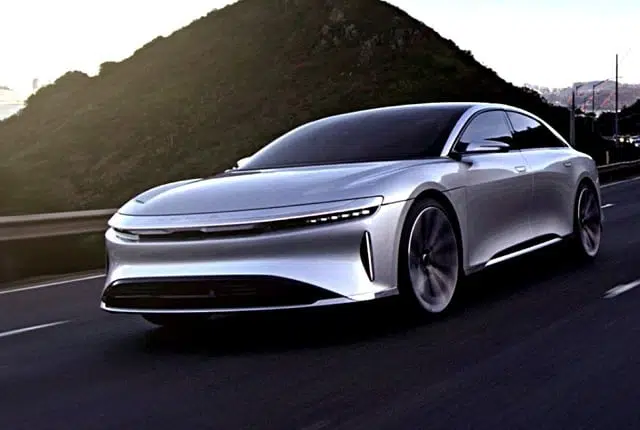
What do you think?
Are you moving from Diesel to Petrol or taking the early plunge for electric?
Did you spot we left out hybrids? Check out the post on the upcoming Ford Hybrid, this could well be the solution to bridge the gap from petrol / diesel to fully electric.
Let us know in the comments below.


